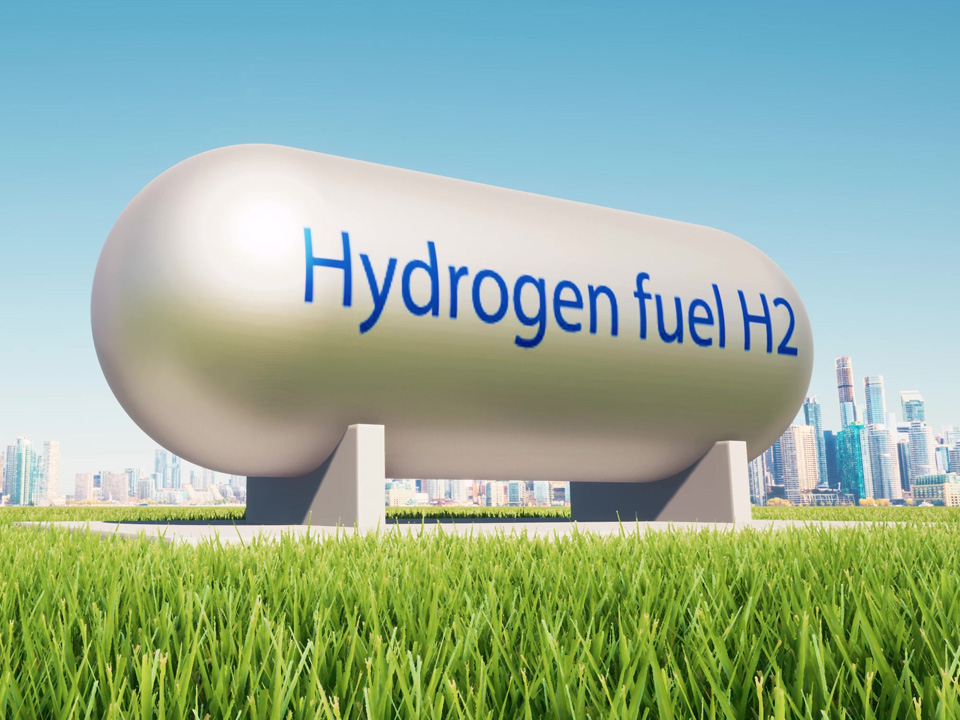
Fuels of the Future Series – Hydrogen as a Maritime Fuel
- Author: Ian Gansler and Grace Ochs
As consumers, businesses, and the international community look to decarbonize shipping, operations, and infrastructure, AAPA is increasing its focus on alternative fuels for ocean shipping. To that end, please enjoy the first in AAPA’s Fuels of the Future series, a five-part Advocacy Update project. Ahead of Earth Day 2022, AAPA focuses on hydrogen, the first in the series of spotlights on alternative fuels.
For hard-to-decarbonize industries like maritime shipping, electric battery power is insufficient in eliminating the use of fossil fuels. Hydrogen can serve as an alternative because it can power combustion engines and is energy dense enough for feasible use in large, ocean-going vessels. Due to temperature and volume requirements, it will require large, unique infrastructure investments to scale for industrial purposes.
When used in a fuel cell or a mono-fuel internal combustion engine, it is a zero-carbon fuel. Alternatively, when it is used in a dual fuel combustion engine, carbon emissions are significantly reduced compared to pure fossil fuels. However, for hydrogen to truly be a zero-carbon fuel, the production, storage, and transportation methods must also be carbon free.
Currently, hydrogen is more expensive than natural gas and will require technological advancements to accommodate its storage on ocean-going vessels. However, setting up infrastructure for brown and grey hydrogen (i.e. hydrogen processed using coal or natural gas) can be an effective way to transition to green hydrogen fuel (i.e. processed using renewable energy sources, like solar or wind) when it becomes more cost effective. Industry pilot projects have implemented hydrogen as a maritime fuel source on small vessels successfully, paving the way for the widespread use of hydrogen as a marine fuel.
To promote the application of hydrogen in the maritime industry, the Hydrogen for Ports Act of 2021 (S.3111) seeks to establish a grant program to support hydrogen-fuels equipment at ports and the use of hydrogen-derived fuels in shipping. The bill would establish a grant program that allocates $100,000,000 for each fiscal year from 2022-2026 to provide competitive grants for the purchase, installation, construction, facilitation, maintenance, and/or operation of hydrogen or ammonia-fueled technology. Eligible projects would include cargo-handling equipment, maritime vessels, shore power, onsite power generation, and fuel storage and fueling.
The Infrastructure Investment and Jobs Act (IIJA, also known as the Bipartisan Infrastructure Law, or BIL) also created a new Department of Energy (DOE) program to establish Regional Clean Hydrogen Hubs across the country. The Hubs would provide funding to establish regional infrastructure networks to promote the establishment of production, transportation, and use of hydrogen, with the goal of a national network of green hydrogen.
AAPA continues to work with partners, members, and the government to ensure ports are prepared for the future of low and zero-emission shipping.
Look out for future spotlights on alternative fuels for ocean shipping, including methanol, ammonia, and liquefied natural gas.
